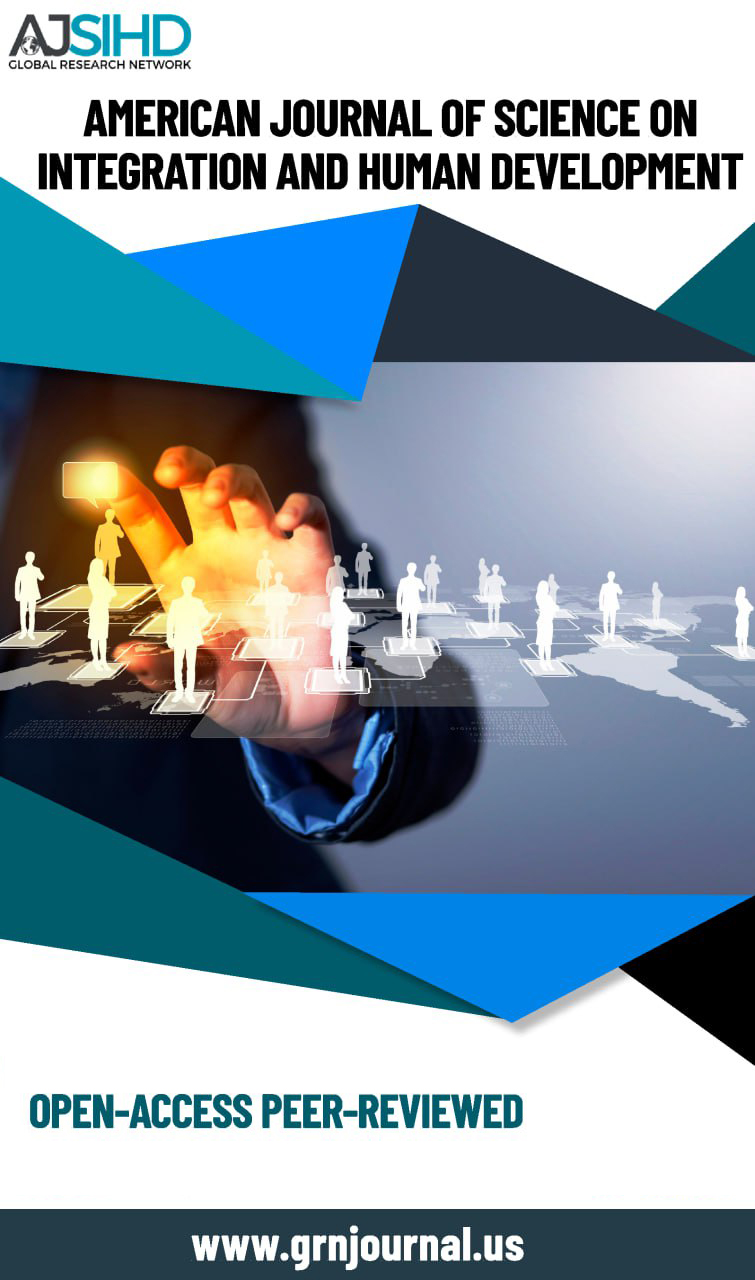Next-Generation Artificial Intelligence: Anticipated Advancements and Challenges in the Coming Years
Abstract
As we approach the mid-2020s, the landscape of artificial intelligence (AI) is poised for transformative changes. This article explores the anticipated advancements and challenges in next-generation AI, focusing on key areas such as machine learning, healthcare, autonomous systems, natural language processing (NLP), finance, robotics, education, and climate science. We discuss how AI is expected to achieve breakthroughs in algorithm efficiency, personalized medicine, advanced diagnostics, autonomous transportation, language understanding, financial fraud detection, and environmental monitoring. Alongside these promising developments, significant challenges must be addressed, including ethical concerns related to bias and fairness, data privacy, and the impact on employment. Additionally, the necessity for robust policy and regulatory frameworks is highlighted, emphasizing the need for global cooperation, effective regulations, and ethical AI development. This article provides insights into the future impact of AI on society and underscores the importance of fostering innovation while ensuring responsible and beneficial AI integration. By navigating these advancements and challenges thoughtfully, we can harness the full potential of AI to drive progress and address critical societal needs.







